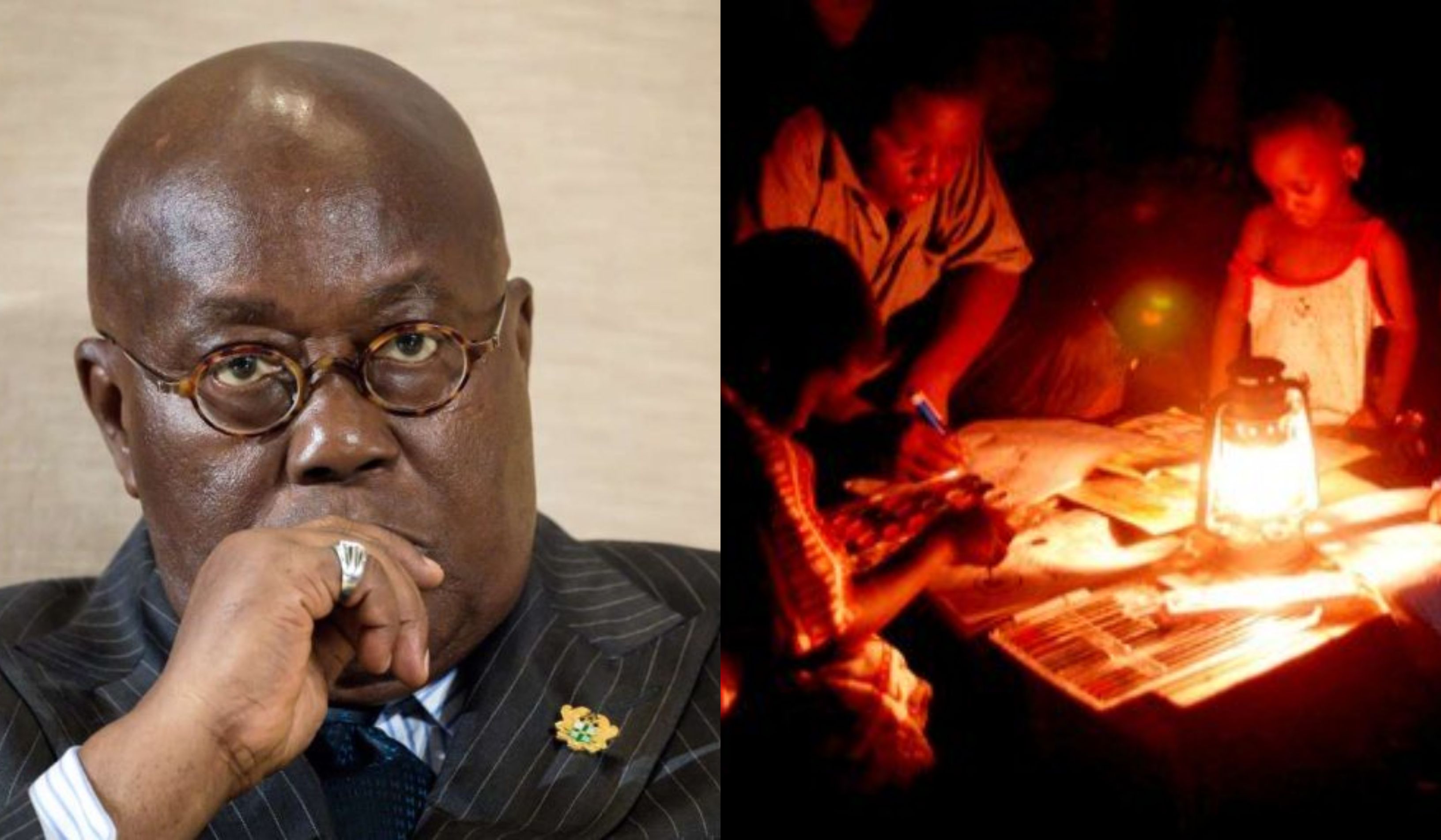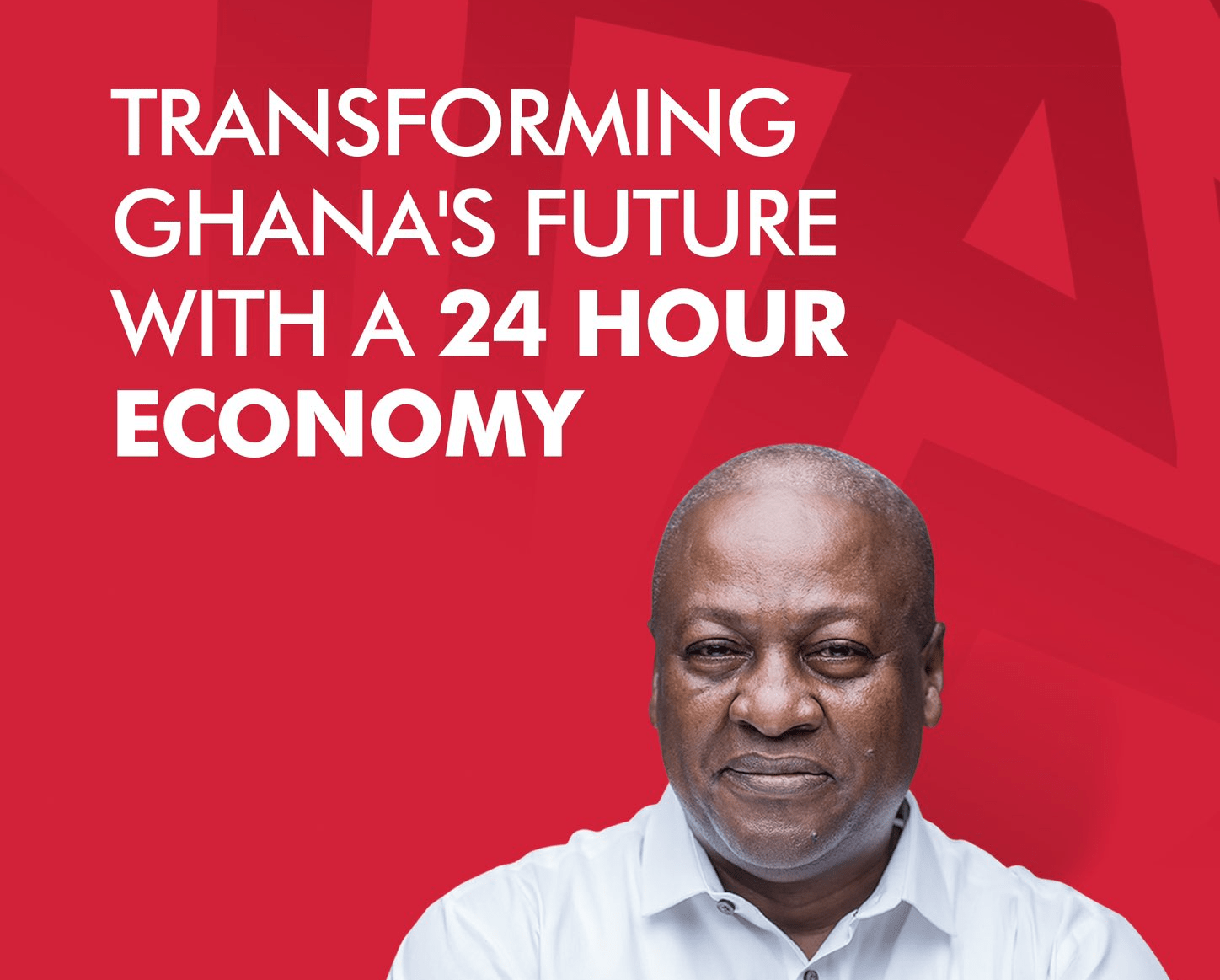
Over the past 72 hours, you may have come across news items predicting the return of the much-dreaded days of erratic power supply known locally as dumsor. You may be wondering whether these concerns are genuine and, if so, how they could be averted.
Well, I am already experiencing power outages, so I contacted Benjamin Nsiah, an Energy Analyst and Executive Director of the Centre for Environmental Management and Sustainable Energy (CEMSE), for some perspective on the situation.
Background
In an alarming development, the Chief Executive Officer (CEO) of the Independent Power Generators, Ghana (IPGG), Dr Elikplim Apetorgbor, has disclosed that three key power plants in the country will shut down by the beginning of next week.
In an interview with Accra-based Joy FM on Tuesday, 19th November, Dr Apetorgbor explained that the threat stems from the government’s $259 million debt owed by the largest power distribution company, the Electricity Company of Ghana (ECG).
He warned:
If nothing is done by the end of this week, next week three key power plants will shut down. For now (the names of the power plants) are confidential. The whole of the year has been a bad one. Nothing has really changed. The debt is still in the range of 2 billion.
Dr Apetorgbor further described recent statements by the Finance Minister, Dr Mohammed Amin Adams, that the government had reached an agreement with the IPGGs, as political, adding that no such agreements had been reached.
To add perspective, the largest Independent Power Generator, Sunon Asogli Power Ghana Limited, shut down its 560-megawatt combined-cycle plant over the $259 million debt owed by ECG. A statement from the company, dated 16th October 2024, read:
Sunon Asogli Power (Ghana) Limited regrets that they have been compelled to suspend operations since Tuesday, 8th October 2024. The shutdown happened at 5 PM that day.
Sunon Asogli Power (Ghana) has over the years been very considerate in its dealings with ECG and the government, and, unlike other independent power producers, has not even invoiced ECG for accrued idle capacity charges. Despite this, ECG owes Sunon Asogli a net (excluding fuel) receivable amount of $259 million as at the end of September 2024.
Our debt has grown by 23% on the net balance between January 2024 and September 2024, and only 22.6% of the invoices for the period have been paid by ECG from the Cash Waterfall Mechanism.
Read the statement below:
Should Ghanaians Be Worried?
With less than three weeks until December, should Ghanaians worry about dumsor? Mr Nsiah provides some answers. He emphasised:
Any news of impending dumsor is a cause for alarm. Also, any news of three independent power producers shutting down next week is a cause for alarm. Because in the month of November, we lost almost 1,000 megawatts of power when Asogli, which has around 530 dependable capacity, shut down. CENIT, which was doing around 100 megawatts, also shut down in November. KTPP, which is Kpong Thermal Plant owned by VRA, and which had around 200, shut down. Tema Thermal Plants 2 and 1, which have a combined output of around 170 megawatts, were also shut down.
So if next week we continue to lose another 500 or 700 megawatts of power by default of not paying some debt to these IPPs, what it means is that in the month of December we are likely going to lose around 1,700 megawatts. Losing 1,700 megawatts out of our dependable capacity of about 4,800 is a cause for worry.
He further noted that:
It means that there's going to be a drastic drop in supply across the country, and maybe some households and firms may have electricity for only 12 hours. We shouldn't wait to get to that level, because when we lose another 700 megawatts on top of the 1,000 already taken off-grid, the government itself will lose out. Most firms will not be able to produce enough to pay taxes.
Recommendations
Benjamin Nsiah recommended several austerity measures to avert the looming power crisis:
If there are certain realignments the government must do, if there is rationalisation of expenditure and prioritisation of the energy sector, the government must make that particular adjustment in the budget to offset this debt.
The second part is for the government to seek external sponsorship or assistance from development partners who can support the electricity or power sector by providing certain loans to offset this debt.
We think the government should halt the expansion of power generation or signing new contracts to generate power because we are already generating a lot. We have excess capacity in terms of generation, but we are unable to utilise all our dependable capacity. The more we generate and fail to utilise, the more it becomes a debt burden on our books.
He also recommended a re-evaluation of the organisational structure of ECG and NEDCo to improve revenue mobilisation and effectiveness.
Conclusion
As we wait for the government’s next steps to address this situation, the advice is for Ghanaians to brace for intermittent power outages and plan their activities accordingly.
Read Full Story











Facebook
Twitter
Pinterest
Instagram
Google+
YouTube
LinkedIn
RSS